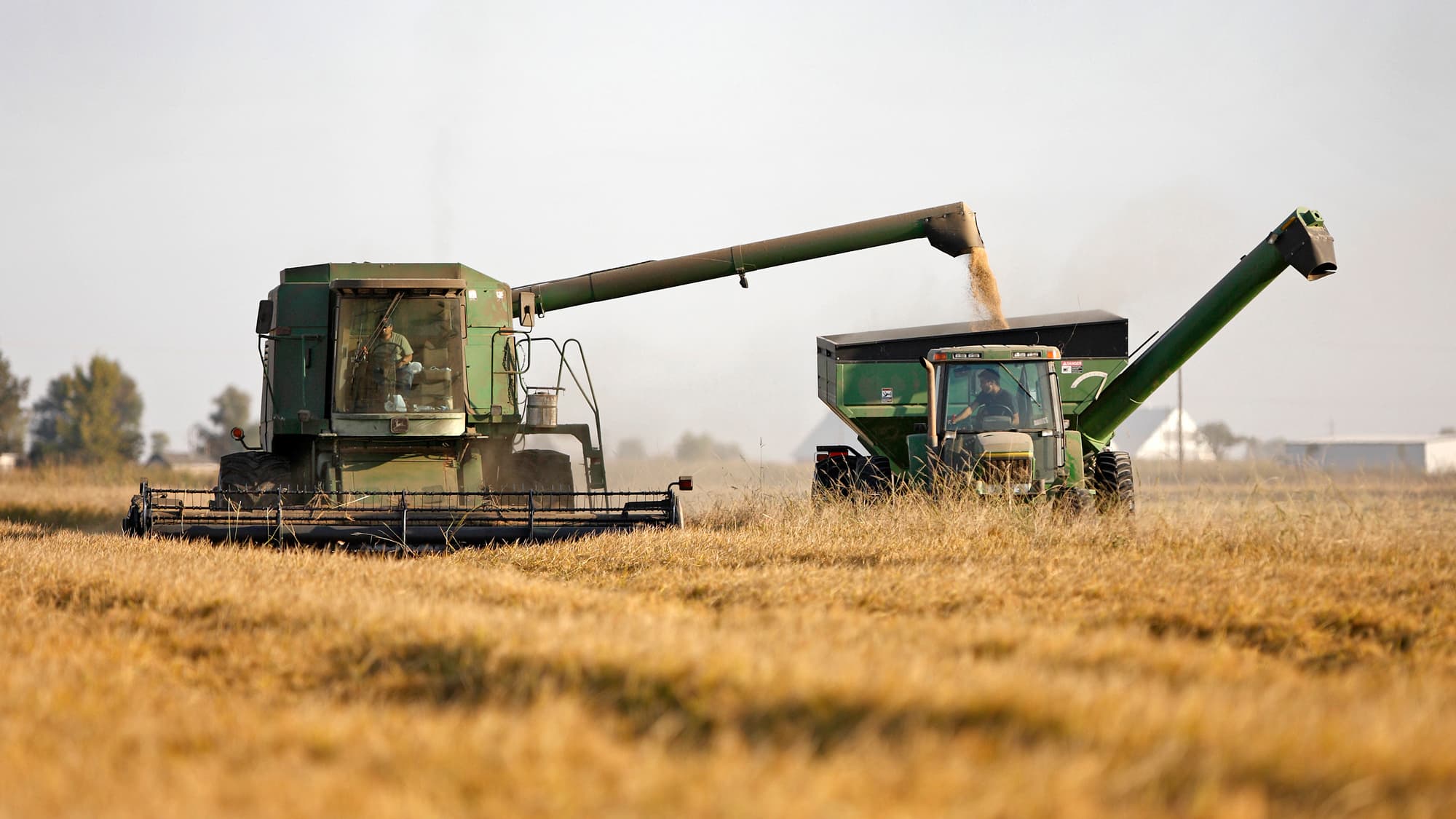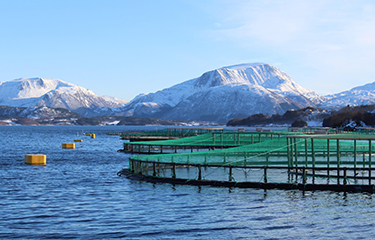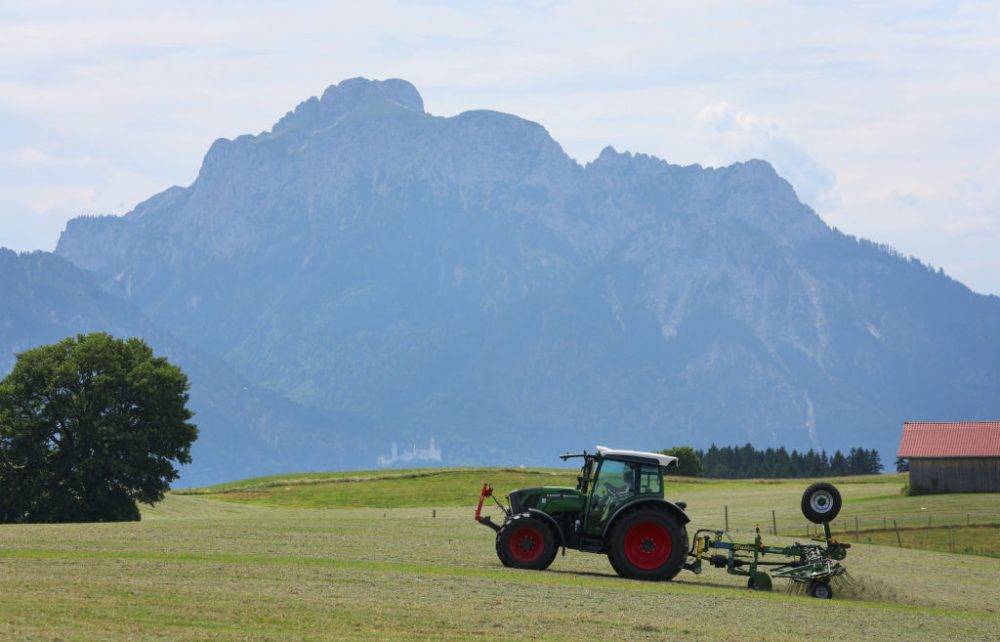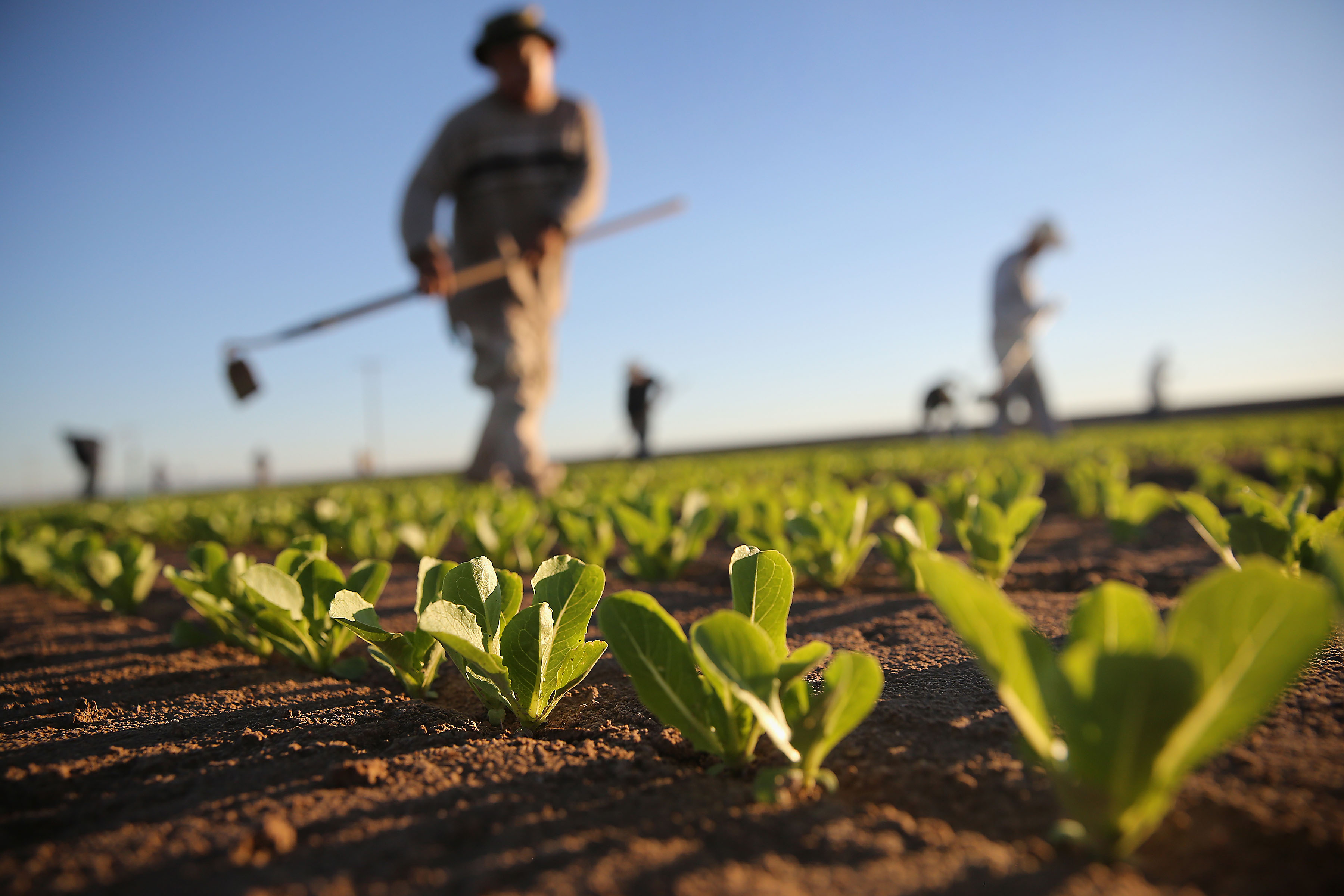USA - Farmers: Disaster, insurance assistance come up short
15.05.2019 306 views
ScaleAgData Stakeholder Engagement Event
22.10.2024The ScaleAgData project is pleased to invite you to our second stakeholder event. Building on the discussions and connections formed during our first webinar, this event will focus on fostering collaboration among stakeholders, providing updates on our project’s progress, and outlining future opportunities for engagement.

India - Agri Minister assures hailstorm-hit Shopian farmers of multi-channel compensation
In the wake of the recent devastating hailstorm that caused significant damage to crops in Chitragam area of south Kashmir’s Shopian district, Minister for Agriculture, Javed Dar on Tuesday visited the affected fields to assess the situation firsthand and to express solidarity with the distressed farming community.

USA - Pennsylvania sues US Department of Agriculture over funding cuts
Pennsylvania officials filed a federal lawsuit against the US Department of Agriculture (USDA) on Wednesday over its termination of the Local Food Purchase Assistance 2025 Cooperative Agreement (LFPA25 Agreement).

USA - ProAg’s $1M Reinsurance Loss Suit Faces Dismissal Bid Over Time Bar
What began as a routine insurance misstep has snowballed into a legal battle over timing, reinsurance, and blame.

Norwegian lawmakers reach agreement on aquaculture policy; core rules to remain in place for now
A cross-party majority in Norway’s Parliament has reached agreement on the government's new aquaculture policy, opting to retain the current biomass and traffic light system for regulating fish farming, while introducing incentive mechanisms to drive environmental improvements.

“World’s Largest” Farmer-Led Study Validates Plant-Based Regenerative Farming’s Potential
A major pan-European study led by the European Alliance for Regenerative Agriculture (EARA) has found that regenerative farming systems, many of which are entirely plant-based, can produce similar or better yields than conventional agriculture while drastically reducing inputs such as synthetic fertilisers and pesticides.

Spanish startup Voltrac raises €2 million to launch autonomous tractor platform for agriculture and frontline logistics
Valencia-based DeepTech startup Voltrac has officially launched its autonomous, electric tractor platform designed for agriculture and frontline logistics, along with €2 million in funding.




